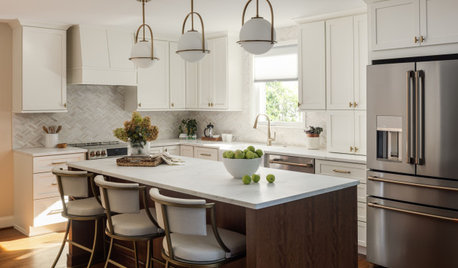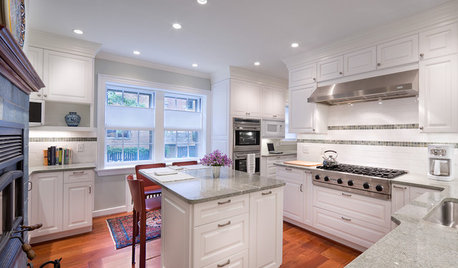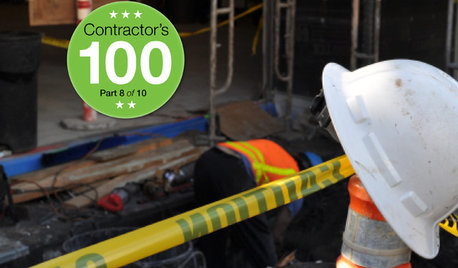Advice on 'no-cost' refi
mikesbikes
13 years ago
Related Stories

MOST POPULAR5 Remodels That Make Good Resale Value Sense — and 5 That Don’t
Find out which projects offer the best return on your investment dollars
Full StoryGREEN BUILDING11 Reasons to Live in a House of Straw
Don’t be fooled by the old folk tale. Straw bales are a strong, functional and good-looking building material
Full Story
REMODELING GUIDESThe Dos and Don'ts of Home Appraisal
Selling your house? These tips from the pros will help you get the best possible appraisal
Full Story
CONTRACTOR TIPSContractor Tips: 10 Remodel Surprises to Watch Out For
Know the potential setbacks before you start to save headaches and extra costs in the middle of a renovation
Full Story








mikesbikesOriginal Author
OttawaGardener
Related Professionals
Anchorage Architects & Building Designers · Clayton Architects & Building Designers · Enterprise Architects & Building Designers · Providence Architects & Building Designers · Wauconda Architects & Building Designers · Clarksville General Contractors · Klahanie General Contractors · Leominster General Contractors · Little Egg Harbor Twp General Contractors · Melville General Contractors · Mount Vernon General Contractors · Troutdale General Contractors · Seattle Home Stagers · Westminster Home Stagers · Lake Elsinore Interior Designers & DecoratorsmikesbikesOriginal Author
dave_donhoff
mikesbikesOriginal Author
joann23456
dave_donhoff
dave_donhoff
chrisk327
sylviatexas1
cordovamom
artemis78
mikesbikesOriginal Author